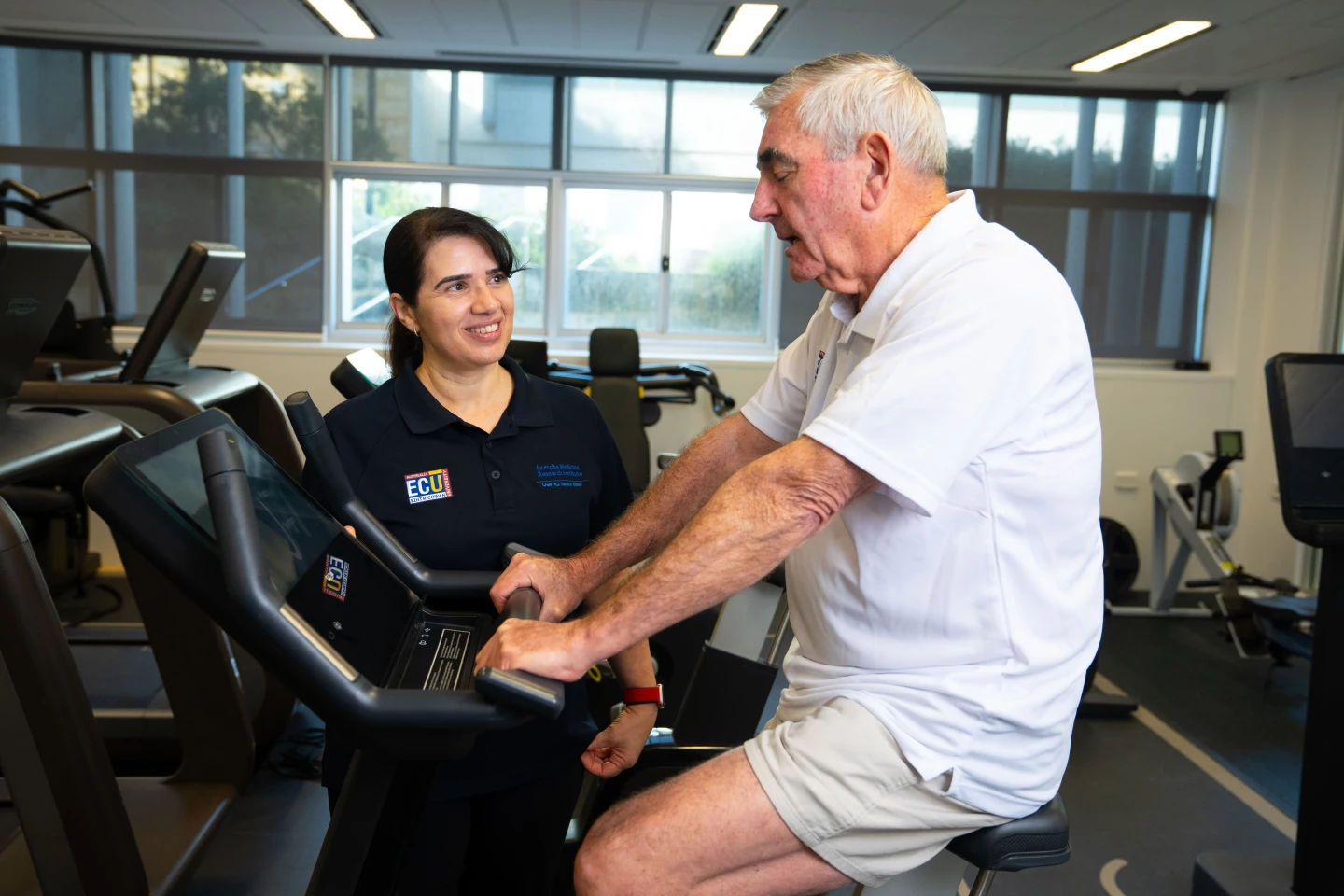It’s no secret that exercise has a wide range of health benefits, and that doesn’t stop when you get cancer. A new study has now shown that just a single workout produces anti-cancer proteins that can significantly slow tumor growth in patients with advanced prostate cancer.
The link between higher levels of physical activity and lower risks of cancer has been well documented. Not only does exercising more often seem to reduce your risk of developing a variety of cancers, but it improves the outcomes of treatment for patients who already have it. However, exactly how exercise combats cancer remains a bit murky.
Last year, scientists at Edith Cowan University (ECU) in Australia investigated this question, by having 10 men with prostate cancer train through a 12-week exercise program. By the end of the program, they found that the participants had much higher blood levels of myokines – proteins produced by skeletal muscles that can not only directly suppress tumor growth, but set off a range of other anti-cancer processes in the body.
For the new study, the ECU team further explored myokines. Nine patients with late-stage prostate cancer performed a single workout for 34 minutes on a stationary bike, and the researchers collected samples of their blood serum immediately before, immediately after, and again 30 minutes after the session.

As might be expected, the serum taken straight after the workout had elevated levels of myokines compared to the baseline taken before. Those myokine levels dropped back to baseline by the time the 30-minute samples were taken.
To demonstrate the anti-cancer properties of these proteins, the team applied the serum samples to prostate cancer cells in a lab dish. The elevated levels of myokines in the immediately post-exercise samples were found to suppress tumor growth by as much as 17%.
“The findings from our work are particularly exciting because we report for the first time ever that men with advanced prostate cancer are able to produce an acute elevation in anti-cancer molecules called myokines in response to a single bout of vigorous exercise,” said Professor Rob Newton, supervisor of the study. “This is helping us to understand why patients with cancer who exercise exhibit slower disease progression and survive for longer.”
The team says that while more work still needs to be done, these findings could help inform doctors' advice for patients – not just those with prostate cancer but potentially any form of the disease.
“The optimal dose of exercise is not yet known, but it is likely to be 20-plus minutes each day and must include resistance training to grow the muscles, increase the size and capacity of the internal pharmacy, and stimulate the myokine production,” said Newton.
The research was published in the journal Prostate Cancer Prostatic Diseases.
Source: Edith Cowan University





